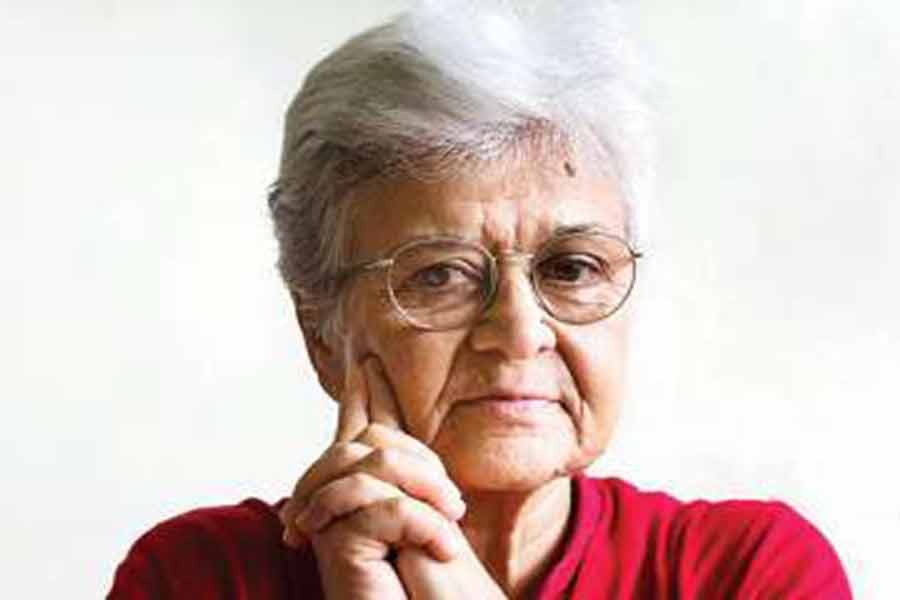Kamla Bhasin, a leading feminist activist of South Asia, died in the early hours of Saturday after battling cancer at the age of 75.
News of her demise was shared on Twitter by activist Kavita Srivastava on Saturday, reports bdnews24.com citing the Hindustan Times.
“Kamla Bhasin, our dear friend, passed away around 3 am today 25th Sept. This is a big setback for the women's movement in India and the South Asian region. She celebrated life whatever the adversity. Kamla you will always live in our hearts. In Sisterhood, which is in deep grief,” Srivastava wrote.
Bhasin, who had emerged as one of the most charismatic and prominent leaders of the women’s movement in India and other South Asian nations in the 1970s, always held that feminism was not a war between men and women but a war of ideologies.
“One that elevates men and gives them power, and the other, that advocates for equality!” she said.
Bhasin, the main person behind ‘Sangat’, A South Asian Feminists Network, said she has been working to 'break the misunderstanding between the south Asian countries' which she said 'has been the sole purpose of her life'.
By organising the 'Sangat Month Long Course’ since 1984, the Network has developed the capacities of more than 650 women activists from South Asia and offered a greater understanding of concepts related to gender, justice, poverty, sustainable development, peace, democracy and human rights.
Most noted for work with Sangat and her poem ‘Kyunki main ladki hoon, mujhe padhna hai’, Bhasin wore multiple hats and her achievements were many. She was also a social scientist and developmental professional and south Asia coordinator of the One Billion Rising, one of the biggest feminist movements of recent times.
“Changing this mindset requires a cultural tsunami. Before we stop violence against women, we need to demolish innumerable religious, cultural, and linguistic practices that are considered normal. For example, words like ‘pati’ and ‘swami’ for husbands must go. These words mean ‘master’ or ‘owner’. In free India, an adult woman cannot — and should not — have an owner. There are many more similar words and expressions that demean and insult women. They, too, need to be purged from our consciousness," Bhasin wrote in an article for Hindustan Times.
As a United Nation’s representative, Bhasin first came to Bangladesh in 1976 and worked with Gonoshasthaya Kendra, a rural health care organisation.
According to Bhasin, the organisation has ‘changed the definition of gender transformation’ in Bangladesh ‘without using the terms ‘gender or women empowerment.’


